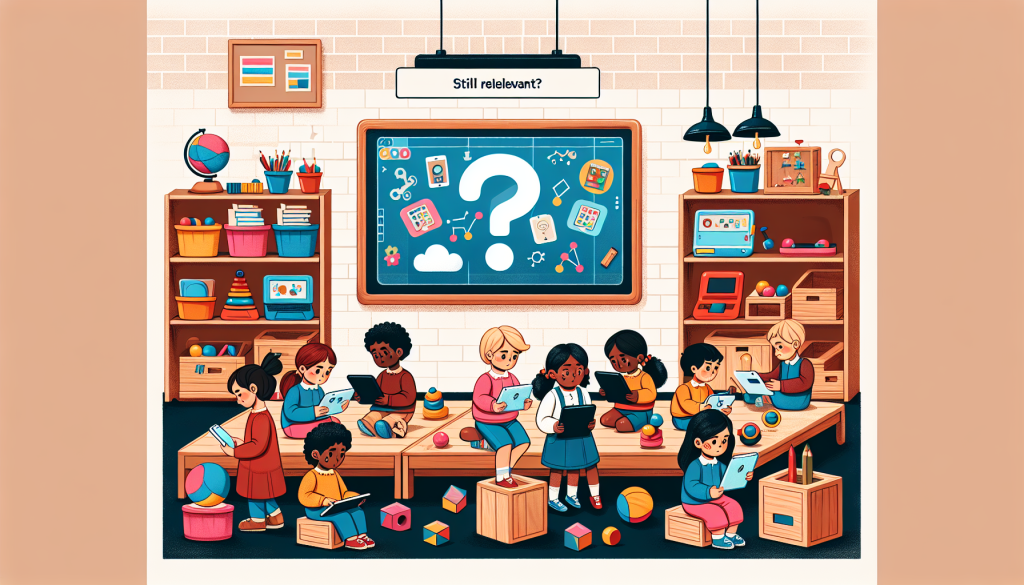
The Montessori Method in the Digital Age: Still Relevant?
The Montessori Method in the Digital Age: Still Relevant?
In today’s fast-paced digital world, the Montessori Method may seem like a traditional and outdated approach to education. However, this 100-year-old teaching method, developed by Dr. Maria Montessori, remains just as influential and relevant in the digital age. The Montessori Method goes beyond rote learning and traditional classroom instruction, focusing on the holistic development of a child. So, is the Montessori Method still relevant in the digital age? Let’s take a closer look.
Understanding the Montessori Method
The Montessori Method is a child-centered approach to education that focuses on self-directed learning and hands-on activities. It is based on the belief that children have a natural love for learning and independence. Hence, instead of the traditional teacher-led classroom, the Montessori Method encourages children to explore, discover, and learn at their own pace. The role of the teacher is to guide and facilitate the learning process, rather than dictate it.
The Principles of the Montessori Method
One of the main principles of the Montessori Method is the concept of “individualization.” This means that each child learns at their own pace and follows their unique interests and abilities. In the digital age, where every child is exposed to technology from a young age, the Montessori Method encourages children to use technology as a tool for learning, rather than being consumed by it. This promotes self-regulation and critical thinking skills, which are essential in today’s digital world.
Another key principle of the Montessori Method is the emphasis on hands-on and sensory-based learning. The method uses specially designed materials that allow children to explore and interact with their environment, promoting a deeper understanding of concepts. In the digital age, where children are surrounded by screens and virtual experiences, the Montessori Method provides a much-needed balance and encourages children to engage their senses and develop fine motor skills.
The Relevance of Montessori in the Digital Age
As technology continues to advance, it is becoming increasingly critical to develop a child’s ability to adapt and think independently. The Montessori Method, with its focus on individualization and hands-on learning, provides an ideal foundation for children to succeed in the digital age. Moreover, the method encourages collaboration, communication, and problem-solving skills, which are essential in today’s interconnected and fast-paced world.
The Montessori Method also promotes a love for learning and a strong sense of self-awareness and confidence in children. In the digital age, where children are constantly bombarded with information and entertainment, developing a child’s ability to focus and self-regulate is crucial. The Montessori Method teaches children to be active and engaged learners, not passive recipients of information.
In Conclusion
The Montessori Method may have been developed a century ago, but its principles and practices are more relevant now than ever before. In a world where children are growing up surrounded by technology, the Montessori Method provides a grounded and holistic approach to education. It promotes independent thinking, self-regulation, and a love for learning – skills that will serve children well in the digital age and beyond.
So, to answer the question – Yes, the Montessori Method is undoubtedly still relevant in the digital age!
